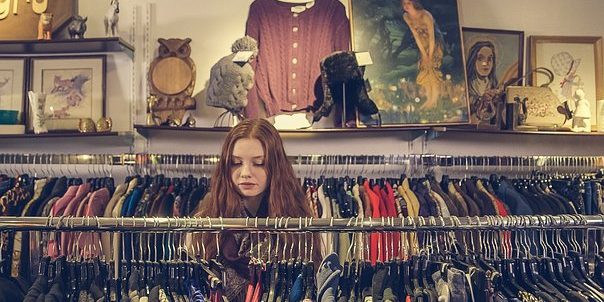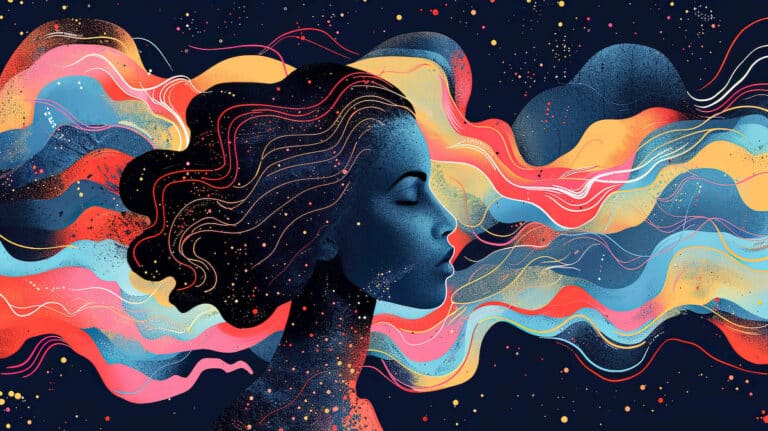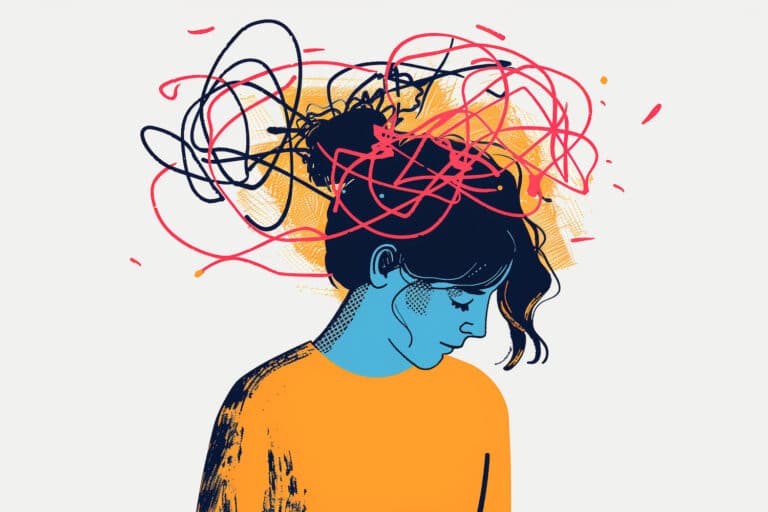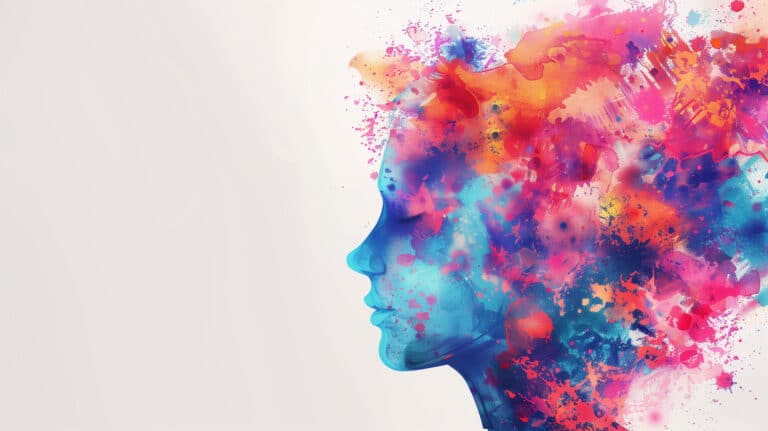When we think about someone recovering from an eating disorder, it often slips our mind that changes in their body may mean they will need new clothes. Before recovery, a main component of an eating disorder is a negative body image, this usually includes body dissatisfaction, body image distortions, overvaluation of weight, body comparisons and body checking behaviors. This even has a diagnosis code and name in the diagnostic statistical manual (DSM- V) called Body Dysmorphia Disorder or BDD.
Back to the new clothes discussion. While shopping for many is fun and exciting, for those of us with eating disorders, clothes shopping can be a triggering event that brings with it increased anxiety.
So, let’s talk about taking steps to manage our stress.
The first step is to work with your treatment team to ensure you are ready to shop for new clothes. While changing your wardrobe is a powerful step toward accepting your body, it can be overwhelming. When you are at the place in your eating disorder recovery, keep these things in mind when you are ready to shop.
- Clean out the closet. Many times, we keep old clothes to body check or measure weight gain. Hanging on to these items can be triggering once in eating disorder recovery, making it difficult to accept your body. Letting go of these items will give you a fresh start in moving forward.
- Make a list of what you need. Once you have cleaned out the closet, make a list of what you need; this will help reduce anxiety once you are at the store. Start with core items such as undergarments, pants, shirts, dresses, etc.
- Determine where to shop. A busy shopping mall can be overwhelming, so think about what will make you comfortable. Maybe go to only one or two stores in one day and visit others on a different day.
- Bring support. As we mentioned, clothes shopping when you’re in recovery for your eating disorder can be a triggering event. Bring a friend or family member who understands your feelings and where you are in your recovery. Share your feelings as you are shopping, talk to them about the experience.
- Plan a snack. Shopping can be tiring, so make sure you fuel your body. Plan to have a snack or meal while you are out. Inadequate nutrition can cause you to feel frustrated and irritable.
- Check-in regularly. Be aware of how you are feeling. If you notice you are feeling overwhelmed, you may need to take a break or leave the store. Talk to your support person and share your feelings and process the experience.
- Comfort matters. When clothes are too tight, it can be a trigger for an eating disorder when you wear them. You may feel something is wrong with your body, when it may just be the wrong size or designed differently. Remember comfort is most important. Choose clothes that make you feel good, without judging based on size. Before you shop, encourage your support person to offer visual feedback as you try on clothes. Asking questions such as, “is it comfortable or does it feel good” will make you think less about the size.
- Take your toolbox. Shopping for new clothes may make you think critically about your body. This is the time for your coping skills toolbox. Think about your Cognitive Behavioral Therapy (CBT) skills and challenge the distorted thinking about your body. Practice mindfulness and deep breathing when you feel overwhelmed or anxious. Stay in the moment without being judgmental.
- Pace yourself. Remember you don’t have to do everything in one day. Go at a pace that feels right for you and isn’t overwhelming. If clothes shopping is too much for you at that moment, then do it at a later time.
So often when we have an eating disorder, our identity is wrapped up in our body, our clothes, or our size. Eating disorders have a way of making us feel we have nowhere to turn. That is not the case. We are defined by our faith, our heart, our character, our journey and so much more. Most importantly, know you are not alone.
If you or your loved one is struggling with an eating disorder, Magnolia Creek is here for you. Our customized treatment program offers evidence-based interventions that give the coping skills needed to live a life free from an eating disorder. For more information, call us today at 205-235-6989 or complete our contact form.




